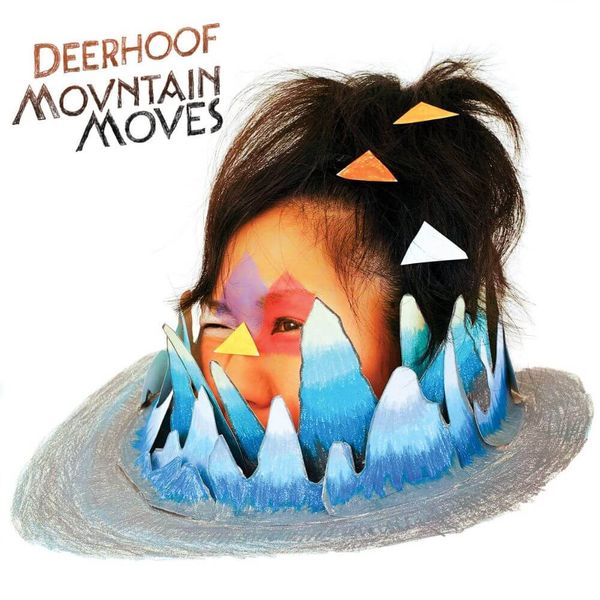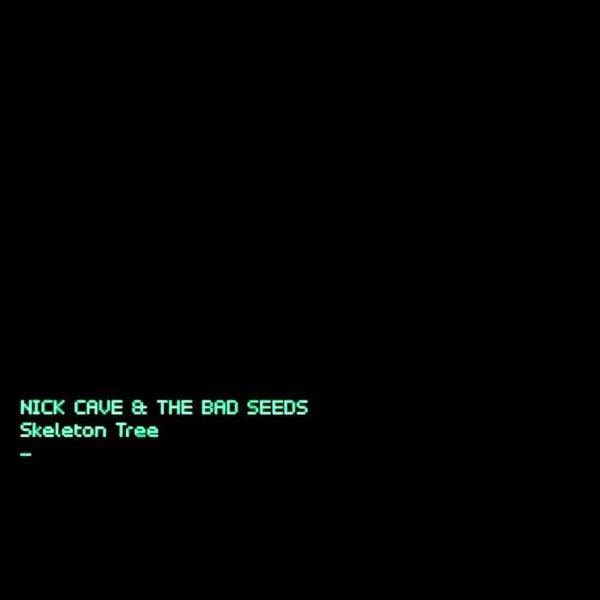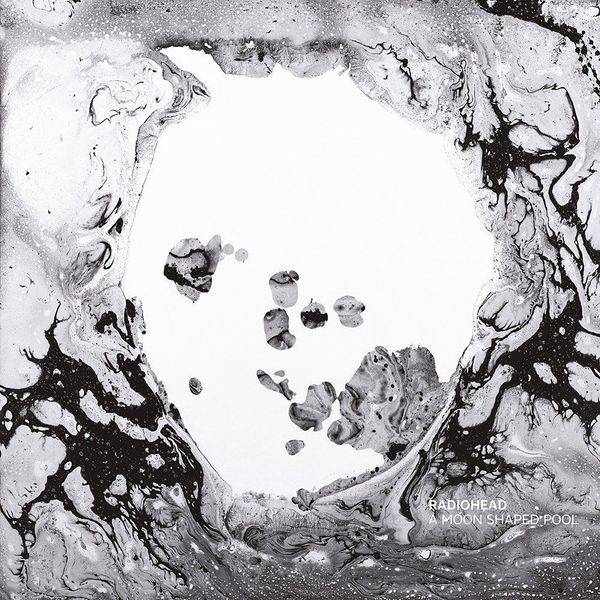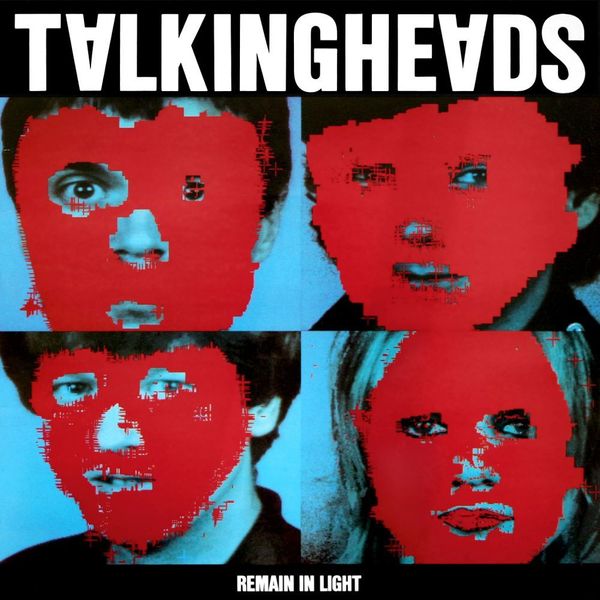André
David Byrne isn’t one to play it safe. The rewards for such a bold approach are potentially plentiful, but occasionally disastrous. American Utopia hits both end of the scale. The opening moments are rough, and that’s putting it kindly. “I Dance Like This” is a calamity of painful proportions, as a light and dainty piano passage is gratingly interrupted by a clumsy electro breakdown. It’s clear what Byrne was going for, and such ambition isn’t to be scoffed at, but the execution is poor. Album openers are vitally important, and American Utopia gets it all wrong.
That said, the album is worth sticking with. It takes a while, but American Utopia eventually spreads its wings, and it sounds rather fantastic. The majority of instrumentals are superb. Lead single “Everybody’s Coming to My House” is littered with peppy synthesisers, carried further by luscious brass and shrewd drum breaks, and the end result is funky as hell. “It’s Not Dark Up Here” boasts an outrageously cool groove, not too dissimilar to Radiohead’s “Present Tense”. I cannot get enough of that Latin swagger. Then there’s “Bullet”, a beautiful ballad, so elaborate, so rich, it truthfully belongs on broadway. I mean that in a good way, astonishingly. During the best moments of American Utopia, Byrne sounds enchanting, offering words of wisdom like a guru, albeit one who is in the process of losing his marbles.
Though there are far more hits than misses, American Utopia is still an uneven affair. Lyrically, the record is all over the place. One’s enjoyment from the album will mostly come down to personal tolerance of nonsense like ‘the mind is a soft boiled potato’. “Every Day is a Miracle” has one of the most fabulous, joyous chorus sing-alongs you’re ever likely to hear, but song is let down by its absurd verse passages. For some people, that’s part of the Byrne charm. For me, it’s a step too far into the realms of gibberish. The highlights of American Utopia are well worth your time, and the album will certainly leave an impact. I just can’t help but feel it could have been so much more.
7 out of 10
Fred
American Utopia is a good example of the value of repeat listens. The first time I played it I was baffled, the second I started to get it, from the third onward I’ve been on board. The album has its flaws, but they are comfortably outweighed by the David Byrne funk machine. “It’s Not Dark Up Here” and “Everybody’s Coming to My House” are vintage Byrne, with borderline delirious grooves and pristine, lively mixes. It’s a genuinely joyous affair, with horns and synths and jangling percussion aplenty. “Bullet” is another highlight. Stripped back in the context of an otherwise busy album, its soft, thoughtful melody is a welcome dose of sobriety. As jubilant as much of the album is, its shadow is part of the fun.
Although the opening spell of the album needs repeat listens to settle, the second half is where it hits stride. In a way it’s gratifying to hear the sounds coming together in real time. Byrne is guilty of the odd eyebrow-raiser, but if that’s the price of him staying fresh in his sixties, so be it. The record’s as cool as dad dancing can ever reasonably get. Those expecting a Blackstar will be disappointed. American Utopia is far too playful for that, for better and for worse. The record isn’t a masterclass, but there are still enough dashes of genius to make it one of my favourite releases of the year. A reason to be cheerful? Certainly.
7 out of 10
Andrew
American Utopia has me conflicted. On one hand, it’s brilliant to see that David Byrne isn’t just riding on the coattails of his previous projects, nor is he churning out half-baked material at high frequency, but in doing so this album takes risks which don’t consistently pay off. This is his first release in years and first solo album in over a decade, and it shows in the variety of ideas across the tracklist.
There’s very little that could be branded as ‘safe’ here either, throwing South American and Asian influences into a mix of ballads and up-tempo tracks, all wrapped with Byrne’s relatively distinctive brand of rock. This does also lend itself to occasional missteps, however, and while I’m not affronted by the opener, “I Dance Like This”, the robotic synth lead chorus juxtaposed with a slightly lightweight instrumental in the verse leaves me a little cold.
The album doesn’t really click for me until “Every Day Is A Miracle”, a quirky, bouncy, striking track that immediately proves more distinctive than the tracks it follows. While “Dog’s Mind” does pull the pace right back down, much of the rest of the album from here on makes for an enjoyable listen, with some clear highlights in the latter half of the tracklist. The lead single, “Everybody’s Coming To My House”, still sounds excellent in the context of the album, with wonderful instrumentation and a strong vocal far more reminiscent of Byrne’s Talking Heads era vocals than some of the tracks on the album. “Bullet” also makes for a highlight, with another good vocal line and similar instrumental to the opener, albeit executed far more successfully.
Ultimately, American Utopia ends on a far stronger footing than where it starts, and in doing so manages to save itself from being an album that does little for me. Instead it has become an enjoyable listen with some choice highlights. It’s certainly not an album that will stick with me, but it has reignited my interest in David Byrne’s works and his plans for future projects.
7 out of 10



